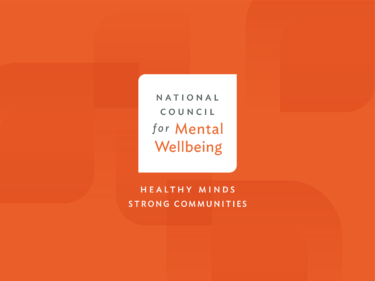In terms of prevalence rates for mental illness, Oklahoma consistently ranks among the highest in the nation. Unfortunately, the state also invests less in treatment than most others. Therefore, the Oklahoma Department of Mental Health and Substance Abuse Services (ODMHSAS) has transformed its system to focus on strategies that maximize efficiency and effectiveness. Integrated care has long been a priority for the department as it seeks to improve treatment outcomes for all Oklahomans.
Oklahomans experience many health challenges. Among the most significant of these are untreated mental health and substance abuse issues. Problematic behavioral illnesses often lead to poor health outcomes and substantial costs related to illness, hospitalizations, family fragmentation, workplace injury, motor vehicle accidents and premature deaths.
The average life expectancy for Oklahomans is 76 years of age. That number is reduced by more than three decades if the individual is experiencing untreated mental illness or substance abuse.
Most people in need of behavioral health services unfortunately do not access care until their disease has progressed to a crisis occurs. This means a disease stage that is more difficult and costly to treat. While that individual may not immediately seek help for a substance use problem, for example, they may present in other healthcare settings for assistance with emergency or primary care needs. This presents an excellent opportunity for screening and intervention.
Statistics suggest that over 60 percent of Oklahoma adults who report a mental health issue are not accessing needed services, yet the overwhelming majority have probably visited a primary care physician in the past year.
Behavioral health integration achieves the triple aim of population health, experience of care and per capita cost. We meet population needs through integrated services, control cost and improve outcomes, and in turn patient satisfaction. It’s a win/win for everybody.
The Case to Care initiative is one of the things Oklahoma is currently engaged in as part of their efforts regarding behavioral health integration. In fact, all three variations of the National Council’s Case Management to Care Management training — Case to Care Adult, Children/Adolescents, and Plus for Supervisors – have been made available statewide. The training has been well-attended.
Their passion paid off and the system-wide results are nothing short of stunning.
Malissa McEntire, manager of integrated care for ODMHSAS indicates that The National Council has been an innovative partner and quick to assist.
“I believe that the National Council knows that effective training cannot be one-size-fits-all,” said McEntire. “Joan King, the National Council’s integrated health senior consultant, really did her homework and made sure that she was able to address Oklahoma-specific issues.”
What’s next for Oklahoma? Continued trainings keep their teams sharp and their goals united. As for the National Council, Malissa McEntire considers them an “innovative, awesome partner.”
Want more information on bringing the National Council’s Case to Care training to your organization? Contact Dana Lange at DanaL@TheNationalCouncil.org or visit our website here.



